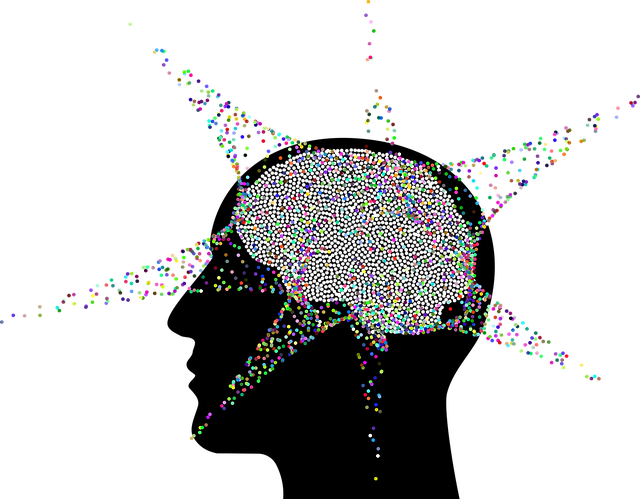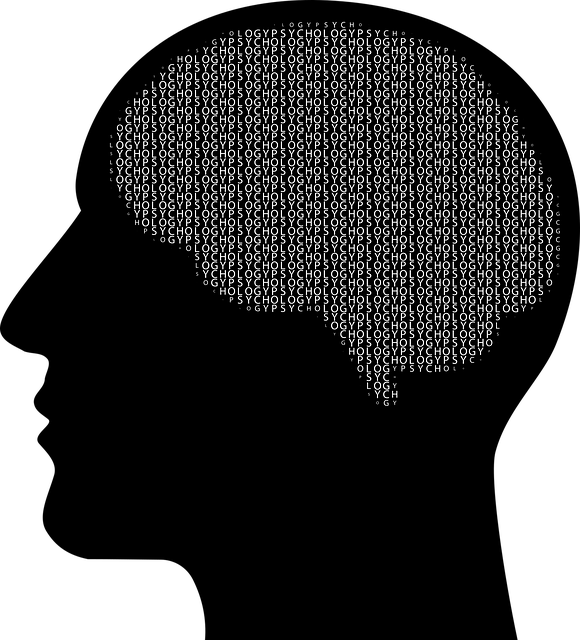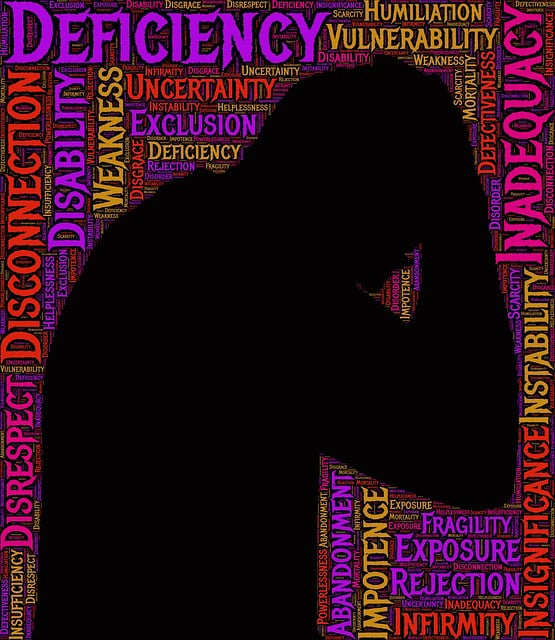Understanding mental illness diagnoses is key to effective therapy, beginning with self-awareness exercises and professional evaluations. Golden Terminal Illness Therapy (GTIT) combines traditional and innovative techniques, including self-care practices, coaching programs, and communication strategies, to offer a holistic approach to mental wellness. GTIT fosters empathy, self-compassion, and personalized coping strategies, aiming for long-term recovery by addressing psychological, social, and emotional needs with support systems and risk management planning.
Mental illness diagnosis and treatment navigation can be a complex, intimidating journey. This article serves as your comprehensive guide, offering insights into every step of the process. From understanding mental health diagnoses through unraveling the intricacies of the assessment process, to navigating an array of treatment options and leveraging support systems for faster recovery, we’ve got you covered. We also delve into Golden Terminal Illness Therapy, a promising new approach that could revolutionize care.
- Understanding Mental Illness Diagnoses: Unraveling the Process
- Navigating Treatment Options: A Comprehensive Guide
- The Role of Support Systems in Recovery
- Golden Terminal Illness Therapy: A Promising Approach
Understanding Mental Illness Diagnoses: Unraveling the Process

Understanding mental illness diagnoses is a crucial step in navigating effective therapy and treatment. The process begins with self-awareness exercises, where individuals reflect on their symptoms, emotional experiences, and patterns of thinking. This introspection helps to uncover underlying issues that may have contributed to the onset of the illness. Professionals then use standardized assessment tools and clinical interviews to gather more detailed information, ensuring a comprehensive evaluation.
Once a tentative diagnosis is made, compassion cultivation practices can play a significant role in managing mental health. These practices encourage individuals to foster empathy, self-compassion, and kindness towards themselves and others, which can help mitigate symptoms of various mental illnesses. Additionally, risk management planning for mental health professionals becomes essential, ensuring that both the patient and therapist are prepared to handle potential challenges and setbacks during treatment, ultimately aiming for a golden terminal illness therapy outcome.
Navigating Treatment Options: A Comprehensive Guide

Navigating Treatment Options for Mental Illness can be a complex and often daunting task. It’s important to understand that there is no one-size-fits-all approach, and finding the right support requires comprehensive knowledge and guidance. The journey towards recovery involves exploring various therapeutic modalities, each with its unique benefits and applications. For instance, Golden Terminal Illness Therapy has gained recognition for its effectiveness in addressing specific mental health concerns. This holistic approach combines traditional therapy techniques with innovative practices tailored to individual needs.
A robust navigation system includes access to self-care practices that empower individuals to manage their well-being daily. Crisis intervention guidance and stress reduction methods are integral components of this process, ensuring individuals have the tools to cope during challenging times. By combining these resources, one can create a personalized roadmap leading to improved mental health and enhanced quality of life.
The Role of Support Systems in Recovery

Support systems play a pivotal role in the recovery journey of individuals with mental illness. These systems act as a crucial pillar, offering not just emotional backing but also practical assistance and encouragement throughout therapy and treatment. Family, friends, and even peer support groups can significantly enhance the effectiveness of Golden Terminal Illness Therapy by fostering an environment conducive to healing and self-improvement.
Mental wellness coaching programs have emerged as valuable tools for both patients and mental health professionals. These programs not only help individuals develop coping strategies but also equip them with risk management skills, as highlighted in the Risk Assessment for Mental Health Professionals. By integrating these support mechanisms, including Risk Management Planning for Mental Health Professionals, the recovery process becomes more accessible and sustainable. This holistic approach ensures that patients receive comprehensive care that addresses their psychological, social, and emotional needs.
Golden Terminal Illness Therapy: A Promising Approach

Golden Terminal Illness Therapy (GTIT) is a promising approach that integrates various mental wellness practices to offer comprehensive support for individuals grappling with mental illness. Unlike traditional treatments that often focus on managing symptoms, GTIT aims to empower patients by providing them with tools and strategies to improve their overall mental wellness. This holistic therapy encourages self-reflection through mental wellness journaling exercises, fostering a deeper understanding of one’s thoughts and emotions. By combining this with guidance from trained mental wellness coaches, individuals can develop personalized coaching programs tailored to their unique needs.
Furthermore, GTIT emphasizes the importance of effective communication strategies, enabling patients to articulate their experiences more clearly and advocate for themselves in treatment settings. This collaborative approach not only enhances the patient-therapist relationship but also prepares individuals to navigate various aspects of their mental health journey with increased confidence and resilience.
In navigating the complex landscape of mental illness diagnosis and treatment, understanding the process and harnessing support systems are pivotal. This article has provided an in-depth exploration of these aspects, from deciphering diagnostic procedures to highlighting the significance of comprehensive treatment options. Furthermore, it has underscored the invaluable role of support networks in fostering recovery. As a game-changer in the realm of mental health care, Golden Terminal Illness Therapy emerges as a promising approach, offering hope and enhancing the quality of life for those navigating their mental health journeys.














